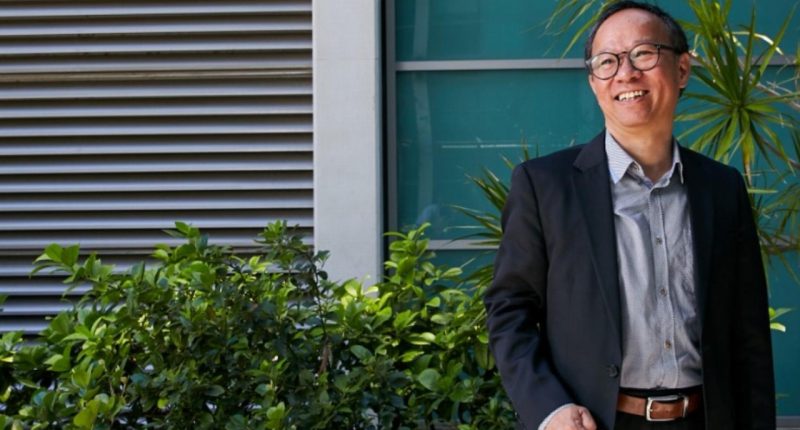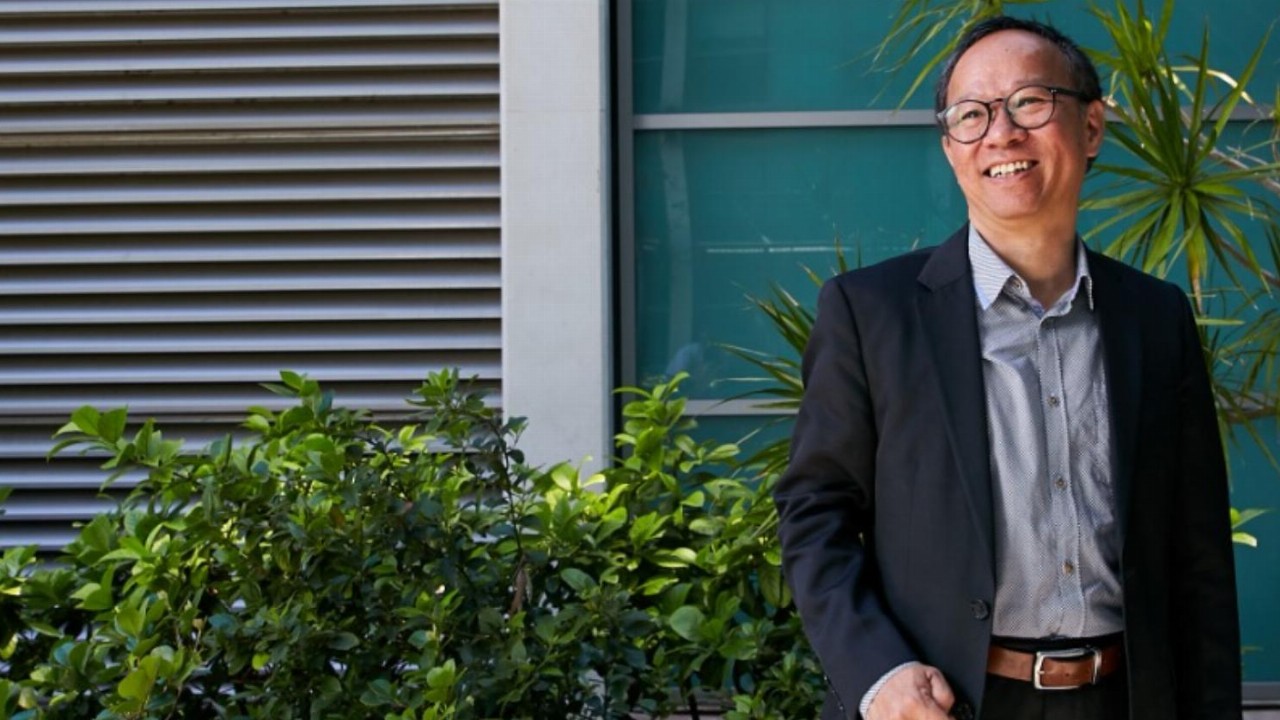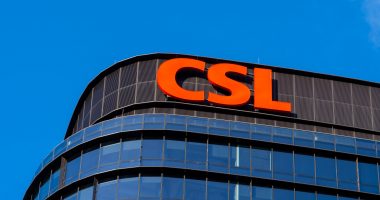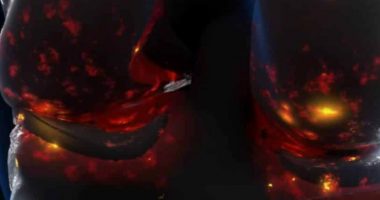- Orthocell (OCC) announces positive data from pre-clinical study for anterior cruciate ligament (ACL) reconstruction
- The study trialled the company’s CelGro collagen rope against the standard treatment option to see whether it’s an effective alternative method
- Current surgical repairs for a ruptured ACL commonly use the patient’s tendon as an autograft which extends surgery time, causes site pain and other issues
- Positively, this study indicates the CelGro collagen rope may improve treatment by simplifying repair techniques, reducing surgery time and mitigating risks
- Company shares are down one per cent to trade at 49.5 cents at 11:55 am AEST
Orthocell (OCC) has completed its pre-clinical study for anterior cruciate ligament (ACL) reconstruction.
The ACL is one of the key ligaments in the body that provide stability and mechanical support to the knee joint.
A ruptured ACL is a common injury that usually requires surgery, however there’s a long period of rehabilitation before the patient can return to pre-injury activities. For context, approximately, 15,000 ACL knee reconstructions are done annually in Australia and up to 200,000 per year in the US.
Current surgical ACL repairs involve either using the patient’s own tendon as an autograft to reconstruct the ACL or a synthetic ligament augmentation and reconstruction system (LARS) ligament.
The problem with these is that harvesting the patient’s tendon extends surgery time, causes donor site pain and other issues. Meanwhile, the synthetic LARS ligament has poor durability, potential for foreign-body response and fairly high failure rates.
To address the current graft options, Orthocell developed the CelGro collagen rope which is fabricated from braided collagen fibres. It has the potential to improve treatment by simplifying repair techniques, reducing surgery time and mitigating risks.
The recent pre-clinical study aimed to show the CelGro collagen rope was equal to or better than the ‘gold standard’ autograft — being the patient’s own tendon — for ACL reconstruction.
The study was led by the company’s chief scientific officer Professor Ming-Hao Zheng in conjunction with the University of Western Australia.
Thirty rabbits received CelGro collagen rope and another 30 rabbits received hamstring tendon autografts and were compared at six, 12, 18 and 26 weeks post-ACL reconstruction.
Positively, the study showed encouraging evidence that Orthocell’s CelGro option is a potentially superior “off-the-shelf” alternative to current tendon autograft options.
The data showed the CelGro collagen rope promoted ligamentisation; showed comparable tissue architecture and mimicked that of the native ACL; promoted integration of the ligament into bone the same way as a normal ACL would; and it also showed comparable biomechanical properties to human hamstring tendon grafts.
Orthocell Managing Director Paul Anderson was pleased with the potential of the CelGro platform.
“An ‘off-the-shelf’ biological device that augments ACL reconstruction and is biologically compatible is highly desired by the orthopedic industry and Orthocell is ideally placed to deliver the CelGro collagen rope in this rapidly growing and lucrative market.”
Professor Zheng’s team will present the data at the Australian and New Zealand Orthopaedic Research Society Annual Conference on October 6.
Company shares were down one per cent to trade at 49.5 cents at 11:55 am AEST.







